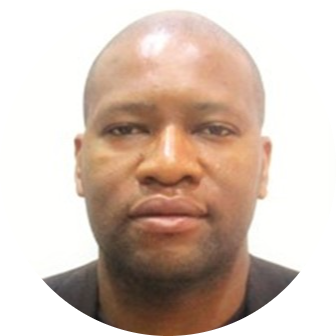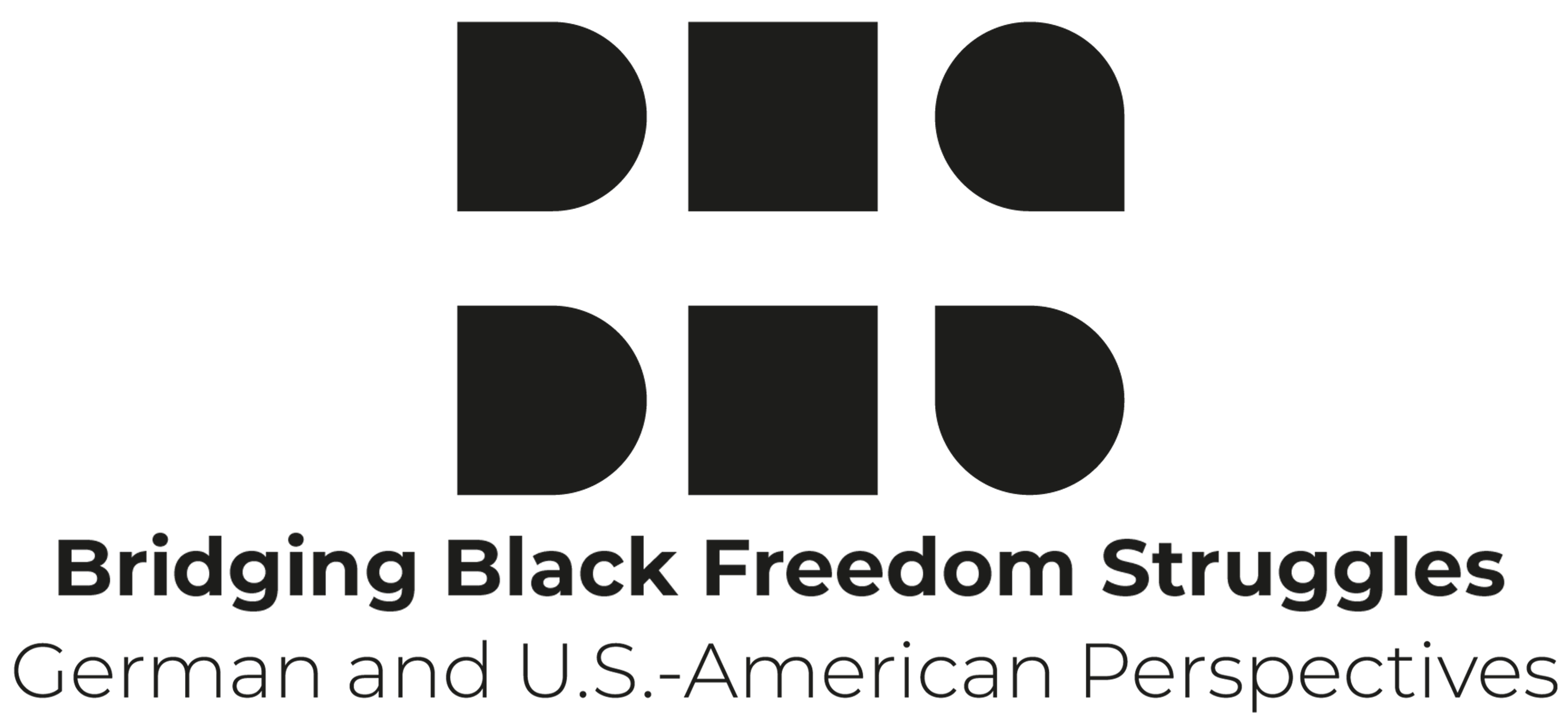
Madalitso Zililo Phiri is a critical pan-African Sociologist and postdoctoral research fellow at the University of the Witwaterand, Johannesburg. For the latest information, please visit: https://www.wits.ac.za/socialsciences/nrf-british-academy-chair-in-political-theory/staff/
Network-related publications include:
2025. The Colour of Inequality in South Africa and Brazil: Making Sense of Social Policy as Reparations. (Brill Academic Press: Leiden).
2024.Monuments and Memory in Africa: Reflections on Coloniality and Decoloniality. (Routledge: London), (eds.), Sanni, JS and Phiri, MZ.
“The Specter of race in global Covid-19 responses: the future is decolonial”, Global Health Promotion 31(2) 2024: 43–51.
“Against Imperial Social Policy in Africa: Recasting Mkandawire’s Transformative Ideas for Africa’s Liberation, Critical Sociology, 49(3) 2023:437-455.
“Beyond Academic Imperialism in Public Policy Research: Methodological Perspectives from the South”, Journal of Higher Education in Africa (JHEA) 19(2) 2022: 27-55.
With Tiffany N. Florvil and Vanessa D. Plumly, (edited and introduced by Jana Weiss), “Interrogating Epistemologies: Decolonizing Knowledge in Academia and Beyond”, History of Intellectual Culture 3 2024: 295-323.
“The Decolonization of Knowledge as Challenge for World Society: Reflections from a Sociologist of Social Policies in South Africa and Brazil”, In After Globalization: The Future of World Society, Suter & Ziltener (eds.), Zurich: Lit Verlag 2024: 149-179.
“Ideology of Epistemicide”. Monuments and Memory in Africa: Reflections on Coloniality and Decoloniality. London: Routledge 2024. (eds., Sanni, JS & Phiri, MZ):12-37.
“Introduction: Monuments and Memory in Africa: Reflections on Coloniality and Decoloniality”. London: Routledge 2024. (eds., Sanni, JS & Phiri, MZ): 1-12.
